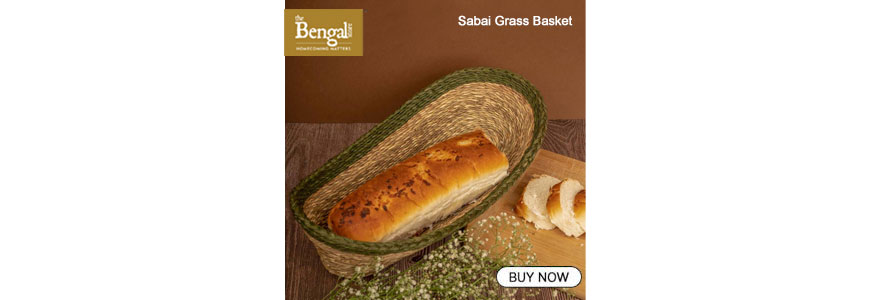Eco-friendly Doko art workshop to take place in Takda, Darjeeling - GetBengal story
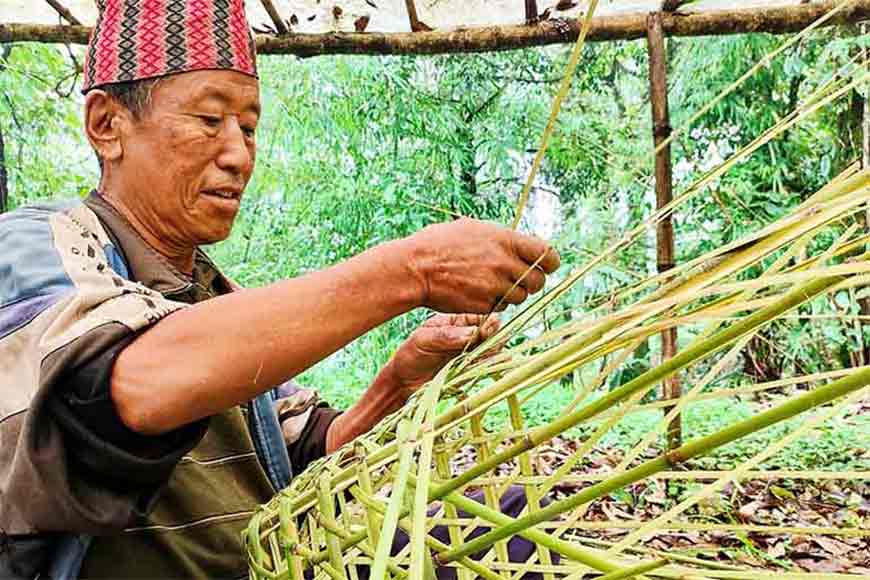
Whenever we think of mountains, we think of Darjeeling, Kalimpong, and Dooars, their spiral roads, tea gardens, fluffy clouds, pine forests, picaresque hamlets like Takda, Tinchuley, Silarigaon, Lamahatta, Icchegaon, and what not! We, the visitors go to these places to shed our year-long stress and come back relaxed and unwinded. But little do we bother about the local residents there. What we know about their culture, economy and heritage, is just the tip of the iceberg. Away from the arenas cultivated by the tourism industry and the tea industry, what often stays unnoticed is the handicrafts of North Bengal. The list contains numerous bamboo-made items locally known as doko, jhok, dalo, thunse etc. Though these utility items were once made keeping in mind their daily needs, they have lost their relevance owing to the fast-paced advancement of modernity.
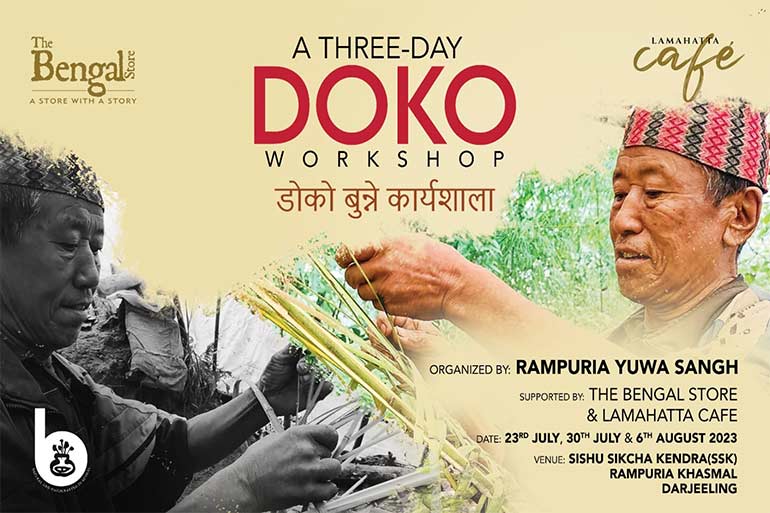 Doko workshop poster
Doko workshop poster
With the motto to preserve the heritage art of doko making, Rampuria Yuwa Sangh has arranged a three-day Doko workshop in Rampuria, Darjeeling. The initiative has been co-powered by The Bengal Store and Lamahatta Café. The workshop will take place at Sishu Sikcha Kendra, SSK, Rampuria Khasmal, Darjeeling.
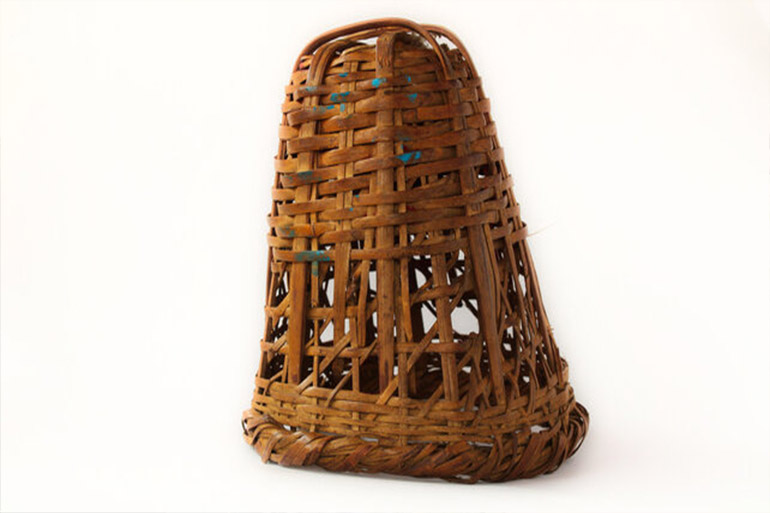 Doko basket
Doko basket
Surrounded by the Senchal Wildlife Sanctuary, Rampuria is a tiny hamlet located in Takda Block, Darjeeling. Previously, each house of the village, engaged in creating bamboo-made items like doko, tokri, jhok, dalo, etc. But times have changed. The younger generation no longer wants to stay within homes, making bamboo handicrafts which now have a declining scope of making money. Besides, plastic-made utility items have taken over the markets, thus sidelining the bamboo ones. There are no more than 3-4 doko artists in this village now, all of whom are veterans and are striving hard to sustain this heritage form of art.
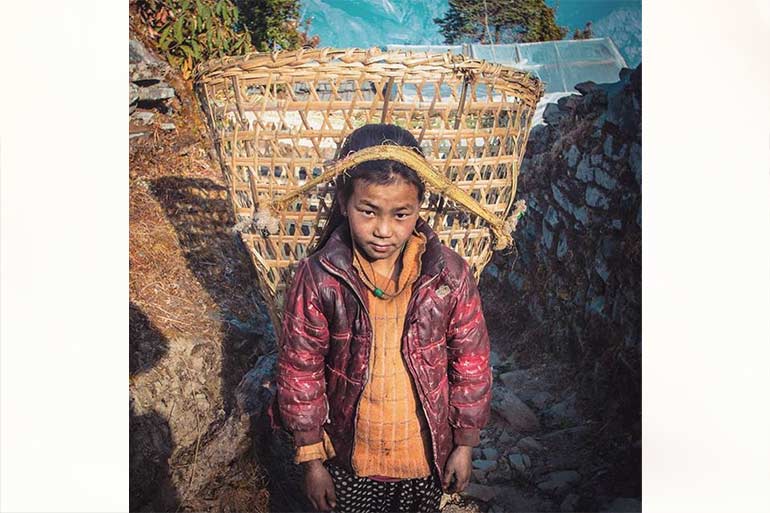
Nima Sherpa, a Nepali Poet, a member of the Doko workshop organizers, and general editor of Rampuriya Youth Federation, tells GetBengal in an interview, “Our culture is inherently attached to this form of art. Once upon a time, each of the houses in our village made dokos. The motto behind this workshop is to give the art form a new life.” He also said that when dokos came into existence in the first place, they were one of the most convenient utility items ever made. They are lightweight but strong. They are also easy to carry. From heaps of vegetables to water containers, from domestic animals to poultry birds, a doko can help carry anything.
The workshop is also a voice of awareness of the pollution created by the usage of new-age plastic items. The workshop will begin on Sunday, 23rd July, and take place again on consecutive Sundays – July 30th and August 6th. All the members of the club will be attending it, along with a number of interested villagers. The organizers are also encouraging the school students to take part in the workshop, in order to learn the doko-making technique that has been running in their blood for centuries.
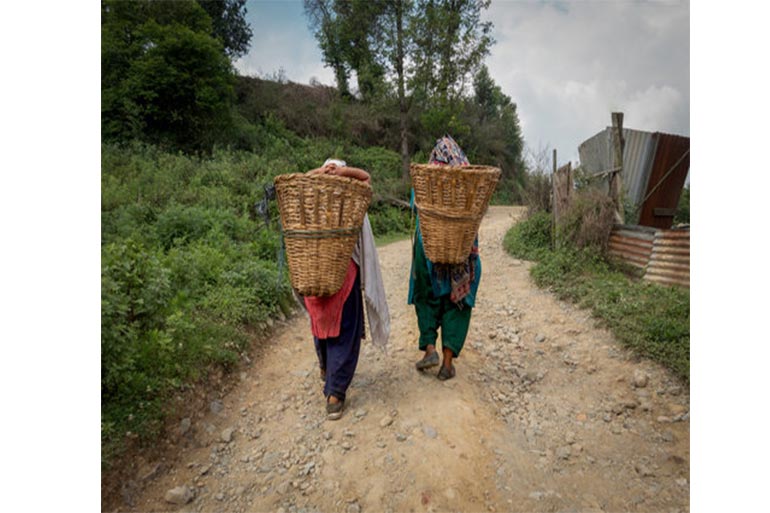
The bamboo that is used to make doko is known as Pareng, one can easily find it in the hilly regions. Nothing except Pareng can be used in this process. Veteran artist Ashok Rai will be guiding the participants on how to make a proper doko. He hails from the same village and has mastered the art over several years. According to Nima Sherpa, “Ashok Rai is not a young lad anymore and has faced serious health conditions in recent times. We want to spread his artistry among the youths so that the art continues to live, even when he will be no more with us.”
 Gorkha youth poet Nima Sherpa
Gorkha youth poet Nima Sherpa
Also, what should be a major concern is creating awareness among the trainees that to make dokos, one must not cut down bamboo trees abundantly. Choosing which bamboo trees to cut, how to cut, how to separate them into different sections, which one to choose for the endeavour, and finally how to weave them into a proper doko – Ashok Rai will be teaching it all. Sherpa hopes, it will let the trainees create two dokos during the workshop, from which one will be given to them and the other ones distributed among the villagers. Excess dokos can even be placed at different places within the village, which the villagers can use as dustbins. The organizers of this event are hoping to open a centre afterward, from where one can learn doko making all year long.
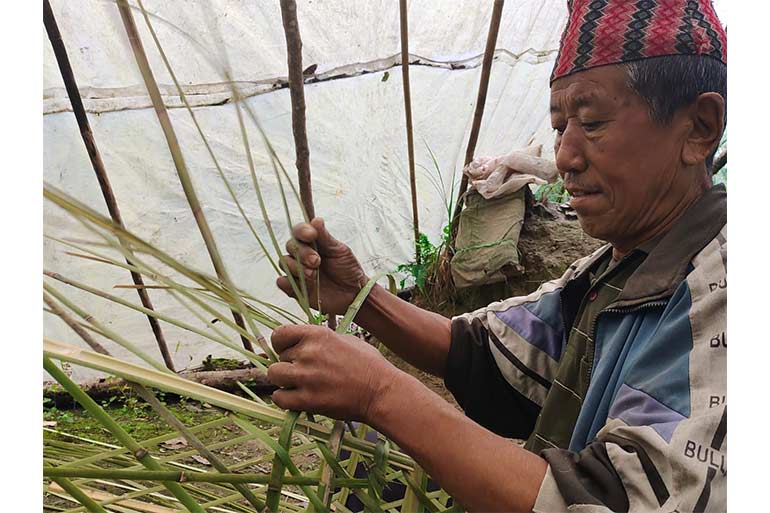
The workshop is co-powered by The Bengal Store and Lamahatta Café. The Bengal Store is a Bengal-based online store that delivers the truest essence of rural Bangla within the comfort of homes. From handicrafts, to preservative-free food and daily utility items, The Bengal Store has it all. Adhering to the motto of standing by the heritage crafts of Bengal, they have lent a hand in the magnificent endeavour of the doko-making workshop. On the other hand, Lamahatta Café is the first-ever café to open in Lamahatta, where the soothing serenity of the mountains meets modernity. Their participation in the curation of the workshop is really appreciable. We hope that this workshop helps sustain the heritage art of doko making.







